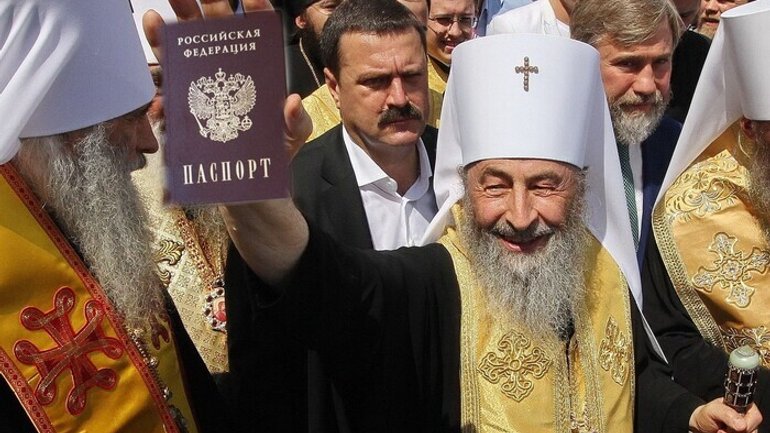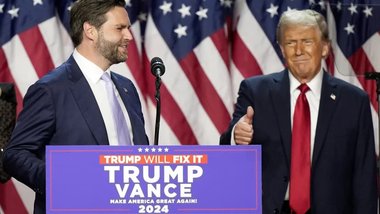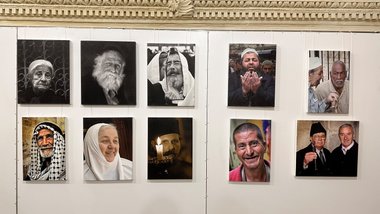Procedure for prohibiting the UOC-MP explained by the State Service for Ethnopolitics and Conscience Freedom

Government officials have already formulated the groundwork to initiate the mechanism for the prohibition of the Russian Church in Ukraine. This was revealed to "Hlavkom" by the Head of the State Service for Ethnopolicy and Conscience Freedom, Viktor Yelenskyi.
The State Service for Ethnopolicy and Conscience Freedom, set to become the pivotal body in determining the future of the UOC-MP if the governmental bill is passed, conducted an examination in January regarding the connection of this church with centers in Russia. The conclusion was affirmative.
"By law, we conduct religious studies expertise not only for the UOC-MP but in dozens of cases. For example, when a religious organization submits its statute for registration, and no one has ever heard of it," Viktor Yelenskyi explained to "Hlavkom." "Legal actions against the State Service are already being prepared, aiming to challenge the orders for carrying out the expertise and approving its conclusions. When the bill №8371 becomes law and if our expertise establishes that a certain religious organization (not necessarily the UOC-MP) is affiliated with centers of influence in a country that is aggressive towards Ukraine, we will formulate a prescription for this religious organization. The prescription will enumerate the nature of this connection, and a certain period will be granted to rectify it. If this is not done, we will resort to court. We already have a vision of how to most effectively achieve this; our lawyers are working on this approach."
At present, Viktor Yelenskyi cannot confirm whether a new examination will be conducted regarding the genuine "roots" of the UOC-MP if the law is passed or if the current examination will suffice.
"This depends on the specific appeal regarding the last examination. I have not seen any text so far that would refute the conclusions contained in our expertise, in essence. There are many complaints that the experts who conducted it were biased; there are complaints that we should have examined only the statute, but we examined a broader scope than just the statute. However, I haven't seen anyone disproving the actual conclusion of the expertise that the Ukrainian Orthodox Church (Moscow Patriarchate) is part of the Moscow Patriarchate. Yet we must be prepared that legal procedures are never short," Yelenskyi said.
However, the Head of the Agency suggests not looking too far ahead but instead focusing on interesting developments within the Moscow Patriarchate itself: "There, they want to convene a Local Council regarding further relations with Moscow. This appeal has already been signed by 380 people, including two bishops, which has never happened before. No matter how they are denigrated or accused, they do not retreat."










